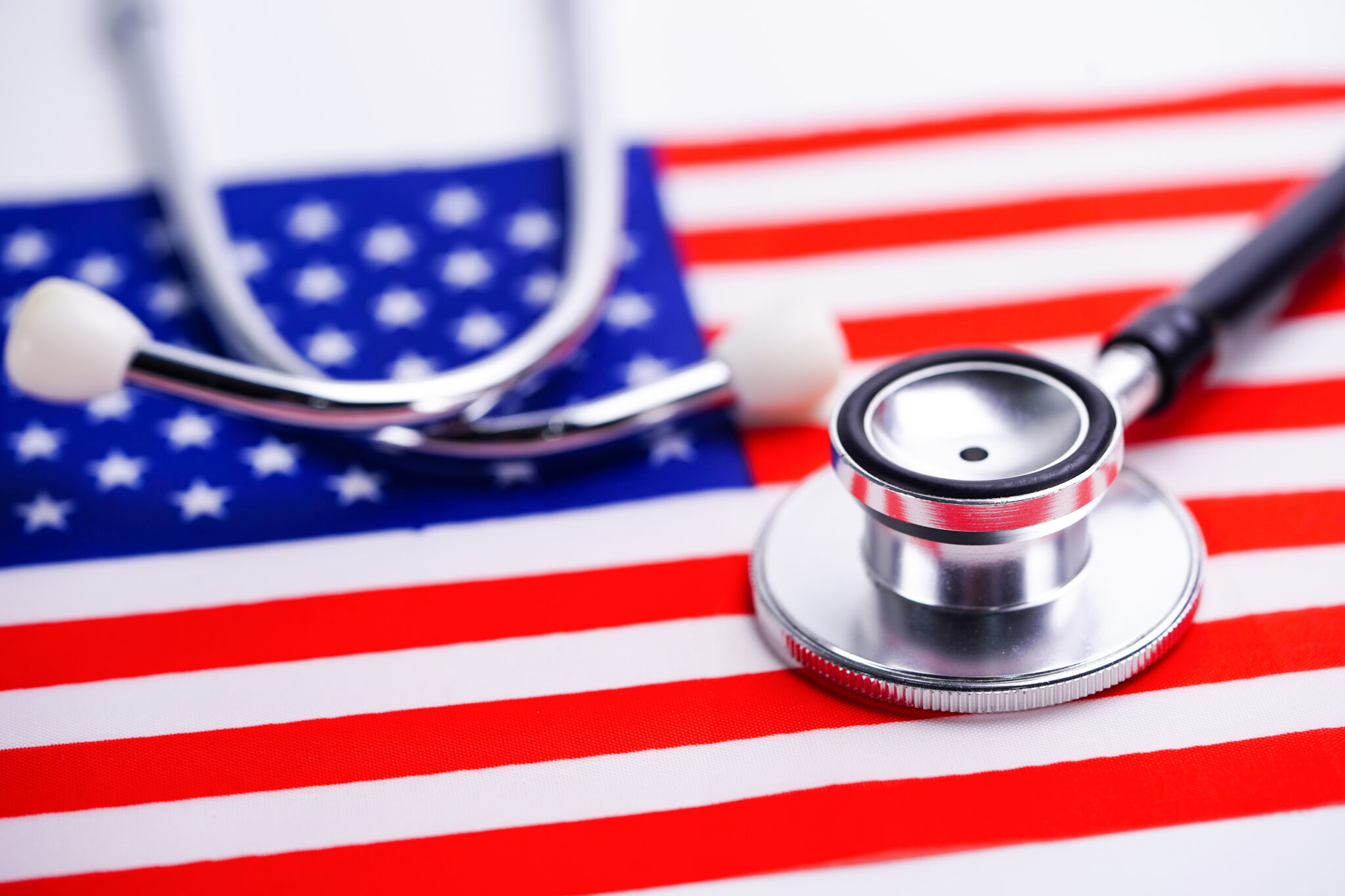Preventive Healthcare Gains Momentum
In 2025, preventive healthcare continues to be a cornerstone of the American medical landscape. With rising healthcare costs and a greater understanding of chronic disease management, both providers and patients are focusing more on prevention than ever before. This shift aims to reduce illness, improve quality of life, and ease the burden on healthcare systems nationwide.
What is Preventive Healthcare?
Preventive healthcare encompasses strategies and interventions designed to stop diseases before they start. This includes regular screenings, vaccinations, lifestyle counseling, and early detection of risk factors. The goal is to identify potential health issues at an early stage when treatment is more effective and less costly.
Key Preventive Practices Trending in 2025
- Routine Health Screenings: Increased emphasis on personalized screening schedules based on genetics, lifestyle, and family history.
- Vaccination Programs: Beyond traditional vaccines, new immunizations for emerging health threats are gaining traction.
- Nutrition and Exercise Counseling: Integrating dietary guidance and physical activity plans as primary prevention tools.
- Mental Health Check-Ins: Recognizing psychological wellbeing as a critical preventive factor.
- Wearable Health Tech: Using smart devices to monitor vital signs, sleep quality, and physical activity continuously.
Government and Private Sector Initiatives
The U.S. government continues to expand preventive health campaigns, promoting screenings for cancers, diabetes, and heart disease. Incentive programs encourage healthy behaviors through insurance benefits and workplace wellness plans. Private healthcare providers increasingly offer integrated preventive services, blending technology with traditional care.
Benefits of Preventive Healthcare
Investing in prevention leads to improved long-term health outcomes and lower healthcare expenditures. Early intervention reduces hospitalizations, chronic disease complications, and improves life expectancy. For individuals, it means greater vitality, reduced risk, and peace of mind.
Challenges and Opportunities
Despite its benefits, preventive healthcare faces hurdles such as disparities in access, affordability, and patient engagement. Efforts to increase health literacy, provide culturally sensitive care, and harness telemedicine are helping to overcome these barriers.
The Role of Technology in Prevention
Technological innovation plays a vital role in enhancing preventive care. Artificial intelligence assists in risk prediction and personalized recommendations. Mobile apps encourage healthy habits and medication adherence. Remote monitoring enables early detection of health issues before symptoms arise.
Looking Forward: A Healthier America
Preventive healthcare’s growing popularity signals a promising future where health systems prioritize wellness over treatment. In 2025, Americans are more empowered to take control of their health journeys through education, technology, and supportive care networks.
By embracing prevention, the USA is moving toward a healthier, more resilient population equipped to face future health challenges confidently.






















